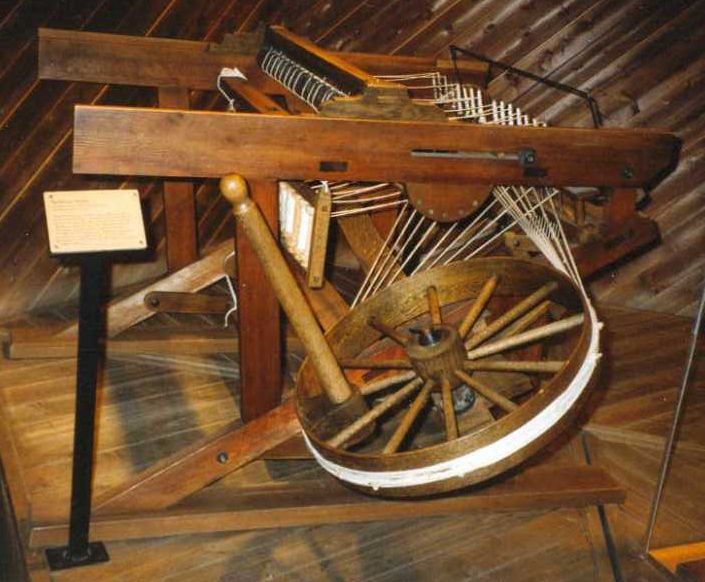I learned quite a few things over the semester in this class. In the beginning the focus seemed to be more on tangible topics, such as specific places or people in Germany’s history, including historic cities and natural wonders. As we moved through the semester, we delved more into topics like the media – specifically radio and print media. We also read All Quiet on the Western Front by Erich Maria Remarque, and learned some of the feelings of the German troops during the Second World War. We then did somewhat in-depth analyses of broad topics from three important centuries in German history, including the roles of men and women in society, the poets and writers, the rulers and government, the music, theatre, and dance scene, and the inventions and industry. We last watched the movie The Baader-Meinhoff Complex in order to gain an understanding of the revolutionary culture within Germany in the 1960s and 1970s, and to witness the dissent from the student population therein.
Overall it may seem that the topics are quite disjointed, but I believe that a knowing a country’s past is pivotal to understand its present and future. All topics were relevant to Germany, and simply different aspects of the country and culture. I do feel I’ve learned a lot this semester and had adequate opportunity to share my own knowledge with my classmates.
My final question:
Why is it that Germans will associate themselves more with their individual state than Germany as a whole to foreigners?

